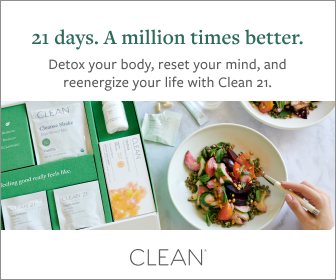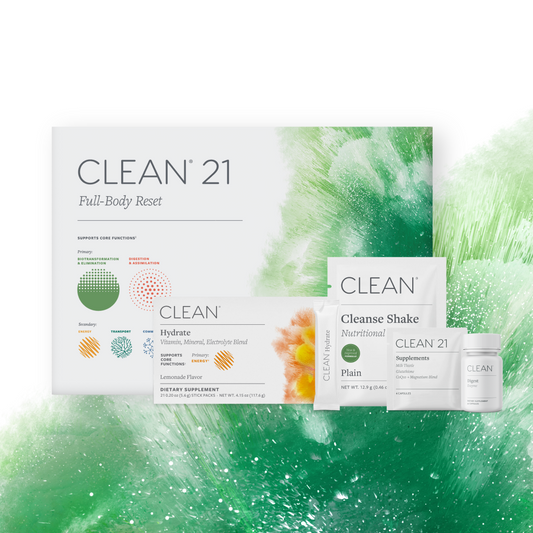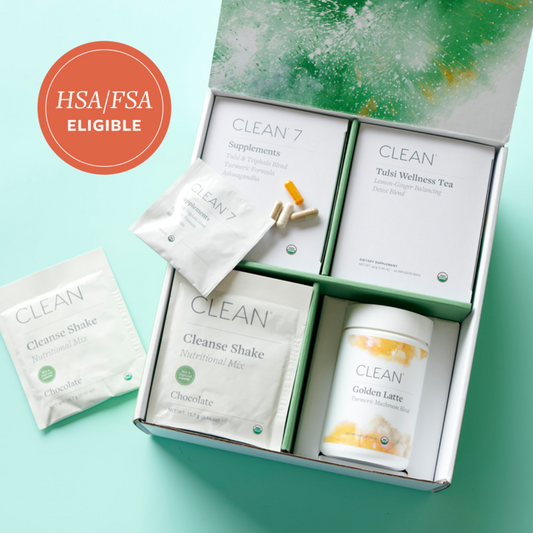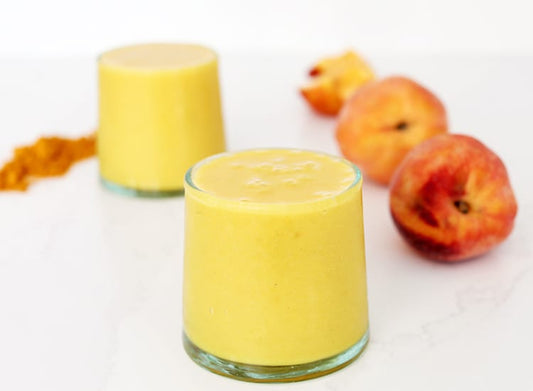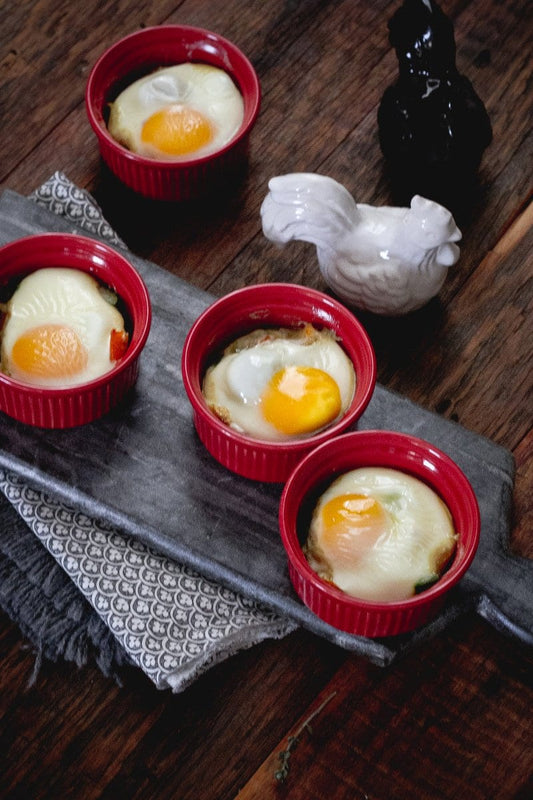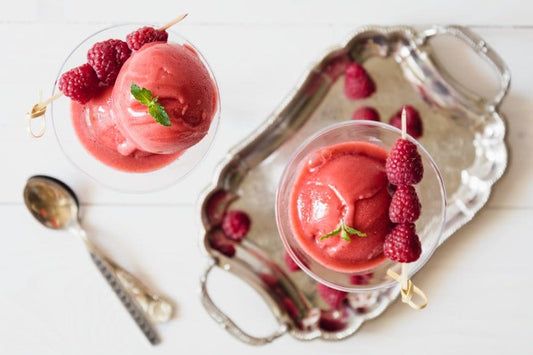
How To Make Almond Butter Better

Nothing is more versatile than creamy, subtly sweet almond butter. We can use it as a smoothie ingredient for a dose of healthy fats in our Daily Shake, as a partner to fruit, or as a base in savory sauces. Good quality, raw almond butter should be a staple in any cook’s pantry. Unfortunately, the cost of most jars of organic, raw almond butter will keep many away. The good news is that it’s straightforward to make your own, not to mention tastier!
Raw vs. roasted
Perhaps we’ve wondered how to make almond butter, but also, why make it at home? Roasted nuts often contain added vegetable oils and processed salt. Unless we are purchasing organic roasted nuts, it is also possible that the vegetable oils used in the roasting process are from genetically modified crops.
The nuts are often roasted at high temperatures (or even fried) with vegetable oils. These high temperatures are often not stable for many oils! This means that it’s possible to end up with damaged oils during the roasting process, which are free-radical forming and can be harmful to the body. We love the taste of roasted almond butter as well, so the good news is that it’s easy to roast almonds. Just place raw almonds in a single layer (without added oil) and bake at 350°F, occasionally mixing, for 10-15 minutes. It’s the same great taste in a healthier form.
High in fiber
Almonds are high in fiber, with just one ounce providing 3.5 grams. Fiber helps move food through our digestive system, ensuring we stay regular and healthy. It also helps move bacteria through our system, which could otherwise excrete through the skin, causing acne or other skin issues. Fiber also helps slow our body’s absorption of sugar, which can protect us against diabetes and cardiovascular disease. Try pairing carbohydrate-heavy foods like gluten-free crackers with almond butter.
Flavonoids and vitamin E
The skin of almonds is rich in more than twenty flavonoids, and the meat is dense with vitamin E. Flavonoids and vitamin E work as perfect partners to help the body fight inflammation and free radicals more effectively than when consumed separately. Whole foods are always the best source of nutrients, especially fat-soluble vitamins like vitamin E. The fat in almonds helps us absorb the antioxidant to be utilized by the body.
Mixing things up
This recipe is a simple, pure version of almond butter. We can create endless flavor combinations for sweet or savory variations by building on these two ingredients. Add cacao, maple syrup, honey, cinnamon, or paprika for a twist on this classic. We love it with some crisp apple slices when we need a snack on the 21-Day Clean Program!
Ingredients:
3 – 5 cups raw almonds
A pinch of sea salt
Any of the above additions (optional)
Directions:
Place almonds in food processor with salt.

Place lid on food processor and start on high. Every few minutes, scrape down the sides of the processor. After 5 minutes the almonds will have a flour-like texture.

After 10 minutes the almonds will feel warm and start clumping together slightly. At 10 minutes you will notice more oil forming and some spots will look like almond butter.

Keep at it and at around the 15-20 minute mark the oils will be fully released, and a creamy almond butter will appear. Once the almond butter appears smooth, blend for another few minutes for maximum creaminess.

Store the almond butter in a sealed jar or container at room temperature.

This is also a great recipe to be used in conjunction with our paleo-friendly Almond Butter Cookies with Chocolate. And now we all know how to make almond butter – but even better!
Recipe and photography by Kaitlyn Noble

